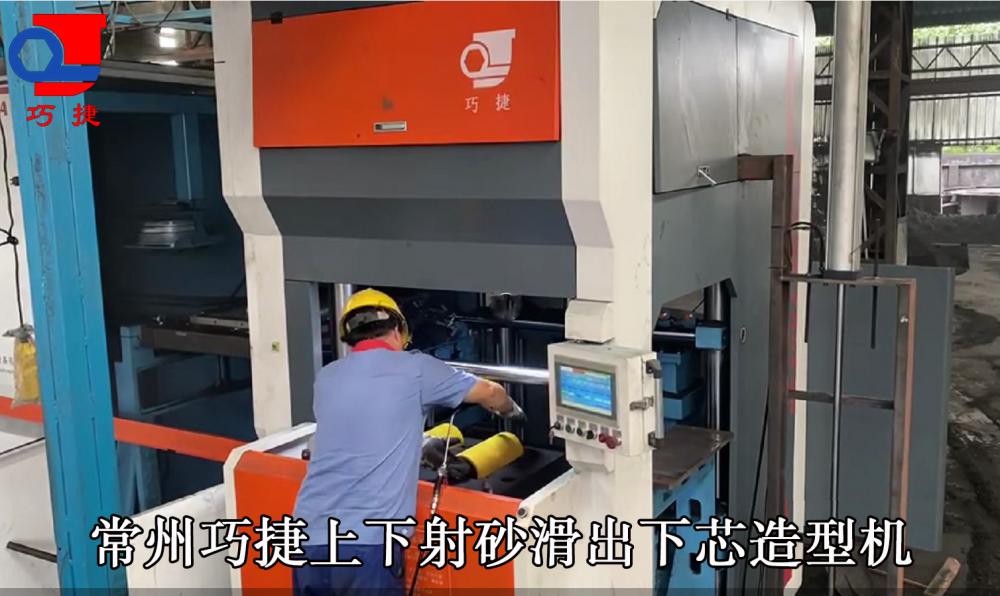During the 12th Five-Year Plan period, China will focus on the development of public safety robots, medical rehabilitation robots, bionic robot platforms and modular core components. With the support of policies, the intelligent equipment manufacturing industry with robots as the core will usher in unprecedented market opportunities. The huge demand for the industrial robot market has also attracted the attention of international automation giants. For domestic companies, this will be an era of opportunities and challenges.
Up to now, the four giants of the industrial robot industry, Switzerland ABB, Japan FANUC and Yaskawa Electric, and Germany's KUKA have set up branches and joint ventures in China. The four major companies have accounted for about 70% of the domestic market. Although Chinese college students can win the global intelligent robot competition champion, but in the manufacturing field, it is still the world of Swiss, Japanese, German and other overseas companies.
Many disadvantages of Chinese enterprises:
First, the low-end technology needs to be improved. Robot manufacturing includes machine manufacturing, control systems, servo motors and drives, and reducers. The core technology of control systems and reducers is still controlled by foreign companies. Domestic companies can only take advantage of “assembly†and will be close to the finished products. Some modules are grouped together. And the lack of many parts and components makes domestic enterprises quite constrained in expanding the industrial chain, and the high import costs are also very likely to threaten the survival of enterprises.
Second, the industrial chain needs to be enriched and standardized. Different from other high-end equipment manufacturing fields, robot manufacturing is mainly concentrated in the private sector. The scale of production capacity can't be compared with aerospace and other industries, and the research and development results can not be displayed on favorable platforms. It can be imagined that the shortage of state-owned assets is the biggest disadvantage of domestic manufacturing, and the lack of scale management of state-owned enterprises leads to an excessively loose industrial chain, which makes it impossible to develop in a cluster. The mainstream industrial robot field, the clustering effect of supporting industries and equipment is the key to robot manufacturing. Only with a sound industrial chain can profitable space be improved.
China has lost "number of cities" in the field of industrial robots, and the pursuit of the leading level in the future will be a long process. Capital investment, alliance colleges, and training of talents are indispensable. The key point is that the relevant departments should consider the characteristics of the industry from the characteristics of the industry, form enterprise clusters as soon as possible, or gather excellent enterprises in the way of industrial parks to lay the foundation for entering high-end technology.
China's robot demand has increased by 30% in recent years, and its potential is huge compared with mature markets. It is estimated that by 2015, the number of in-service robots in China will reach 30,000.
The market prospect is broad, and the real dilemma is not optimistic. China's robot manufacturers have not taken the lead in the market. The data shows that the current domestic industrial robots account for less than 1% of the global total, of which domestic robots account for about 30%, and the rest are imported from more than 20 countries including Japan, the United States, Sweden, Germany, and Italy.
There are almost no industrial robot companies in China that have scale and high-volume production. The key components for producing industrial robots, such as high-precision reducers and servo motors, are subject to people. Domestically produced robots that use key foreign parts and components do not have much advantage in price, so most customers choose foreign robots.
At the same time, for the robot industry, the state has not issued a special support policy, and more is equivalent to the high-tech industry. This is a big pity.

Casting Molding Machine,Sand Casting Molding Machine,Sand Molding Machine,Automatic Station Molding Equipment
Changzhou Qiaojie Casting Equipment Co., Ltd. , https://www.jsqiaojie.com